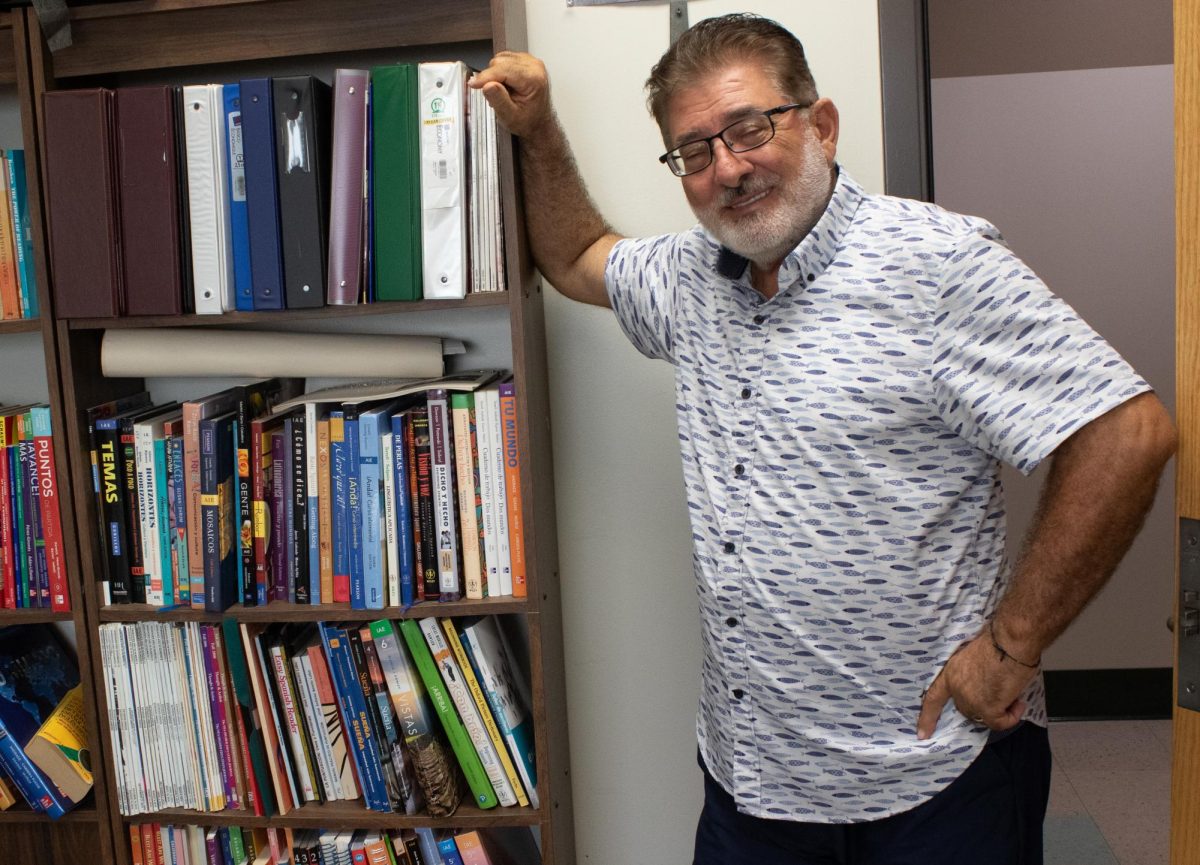Voters prefer cuts-only approach to fix budget
March 17, 2010
A solution to funding problems for higher education in California cannot be agreed on among legislatures, experts and professors.
Results from a recent Field Poll conducted in January are being interpreted in different ways that affect the future of the universities in California.
“Education affects everything in our society so it’s a top priority,” said Adam Keigwin, spokesman for California State Sen. Leland Yee, D-San Francisco. “It has to be first and foremost because it trickles down. For every dollar invested in education the state is paid back in several fold.”
Supporters of stopping budget cuts to the university made their voice clear on March 4, at the Capitol rally protests, Keigwin said.
“The senator was very impressed with the protests,” Keigwin said. “He participated in several and even spoke at them. He supports that, students and teachers came together on an issue.”
In an effort to help solve the problem of funding for higher education, Assemblyman Alberto Torrico, D-Fremont, authored AB 656, a bill to levy an oil severance tax. The bill will change California from being the only oil producing state without the tax to taxing domestically provided oil nearly 10 percent.
If passed, the funds will be distributed, with 60 percent going to the California State University system, 30 percent going to University of California, and 10 percent going to state community colleges. The bill has been amended four times in the Assembly and is now in the Senate.
Critics of the bill don’t think the bill will help end up helping higher education.
“The bill would destroy 10,000 jobs; now is not the time to be destroying jobs in California,” said Rock Zierman, CEO of California Independent Petroleum Association.
If more jobs were created in California and the unemployment rate went down, that would help the state as a whole, which in turn could help higher education, Zierman said.
“When you tax something you get less of it we would get less oil so we would have to rely more on importing, which would be primarily the Middle East,” Zierman said.
Zierman offered two solutions to help the budget crisis with out new taxes.
“We have over 10 billion barrels of oil off the coast of California. It’d be taxes at home, and jobs at home, we could safely start projects to safely get the oil,” Zierman said
Opposition to AB 656 suggested that Torrico add into his bill instead of new taxes, that domestic oil companies would dedicate the royalties and future taxes from new offshore leases to higher education. Torrico rejected the suggestion.
Fixing the CSU system starts with informing the public about all the benefits higher education brings to the state.
Higher education is what provides the state with its police, social workers, nurses and teachers, said Jeff Lustig, professor emeritus of government.
“The Field Poll attests to the failure of political leaders and the CSU leaders to educate the public about the public good beyond their own self interests,” Lustig said.
Not everyone believes that fixing higher education first, is best for fixing higher educations or the state’s budget problems in the long term.
“The Legislature has been ineffective in solving the problems. The average voter doesn’t get it at the granular level,” said Barbara O’Connor, professor of communication studies and director of the Institute for the Study of Politics and Media.
O’Connor said fixing higher education’s budget problems before fixing other problems will be ineffective in the long term because the system as a whole needs restructuring.
“I tend to not be a single-issue solver, I care about the system as a whole not just the part I’m in,” O’Connor said. “When you start to make changes just for higher education, you start to cause a lot of other damages.”
In order to restructure state government to help it perform better, O’Connor recommends making initiatives harder to pass; this would prevent them from being dominated by special interest groups, she said.
Some of her other suggestions include the following:
Eliminate or lengthen term limits of various political offices, which would let politicians become more experienced in their jobs and not have to focus on raising money for re-election.
The two-thirds approval rule needs to be amended. California is one of three states, the other two being Arkansas and Rhode Island, that require a supermajority to pass a budget and raise taxes.
Expiration dates added to propositions would also help the state review what works for them. After five years, they can be reviewed and renewed if they would still provide a service to the state.
“That’s what I do that would go a long way to fixing our problem,” O’Connor said.
Cahil Bhanji can be reached at [email protected].























































































































